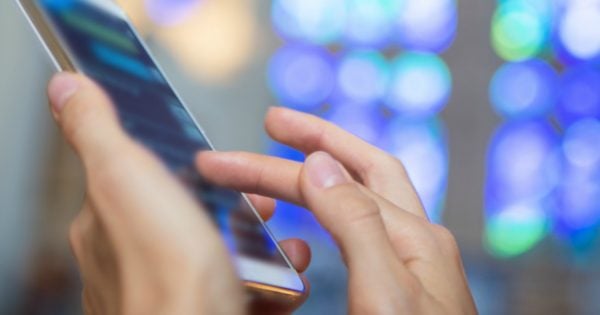My son recently came home from school asking to have a look at Instagram. He told me one of his classmates had said he’d put my son’s photo up and he wanted to know if it was true. Neither of us have an account but it’s easy to create one and we quickly found the photo. It appeared innocuous. My son and two of his friends, smiling for the camera, taken after school.
But the account was set to ‘public’ meaning anyone can see the pictures. Over a thousand people were following the account. My son was wearing his school uniform. With the logo visible and readable. One of the other boys in the photo had no shirt on at all. I was alarmed. Because – and here’s the unfathomable part – my son is eight years old. The owner of the public Instagram account is seven.
I was flabbergasted. Outraged. Upset. But mostly baffled.





Top Comments
My friend's ex son in law put up on Snap Chat his 8 year old daughter asking what an orgasm was. He thought it hilariously funny.
You could report the account for the person being under age. You could report the photo for being posted without permission. You could go back to the parents of the child and inform them that you haven't given permission for the photo to be posted and want it removed.